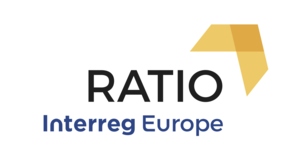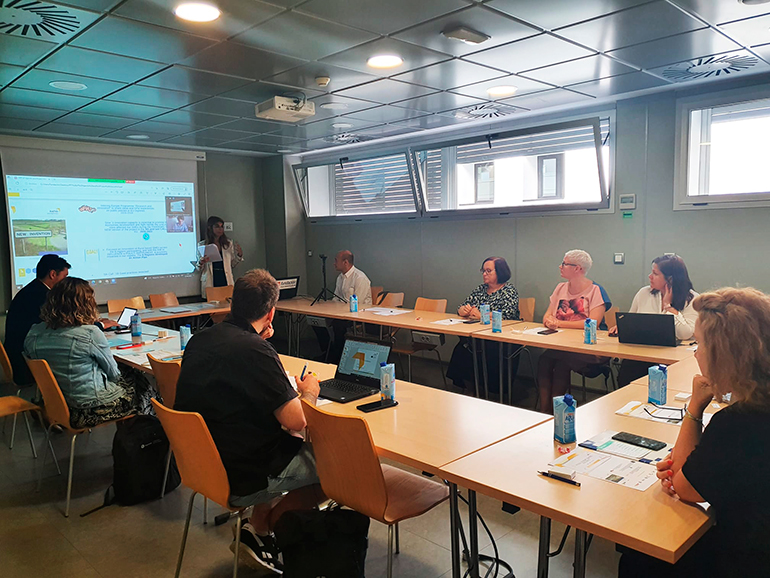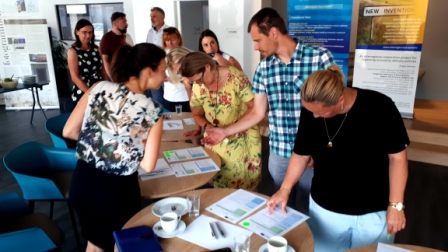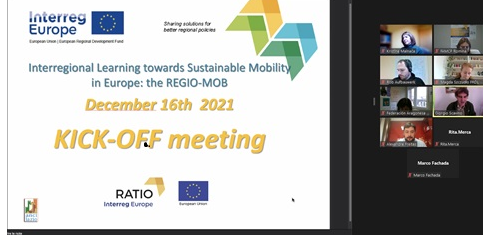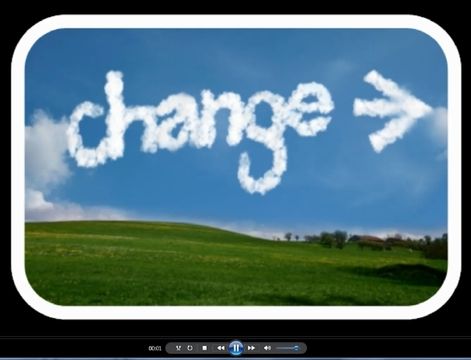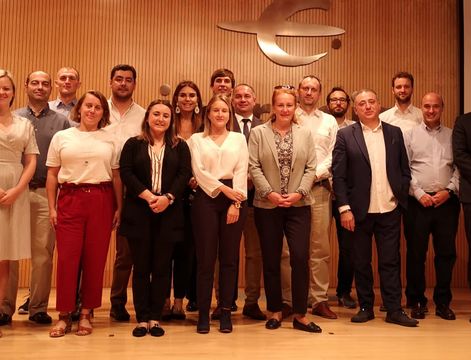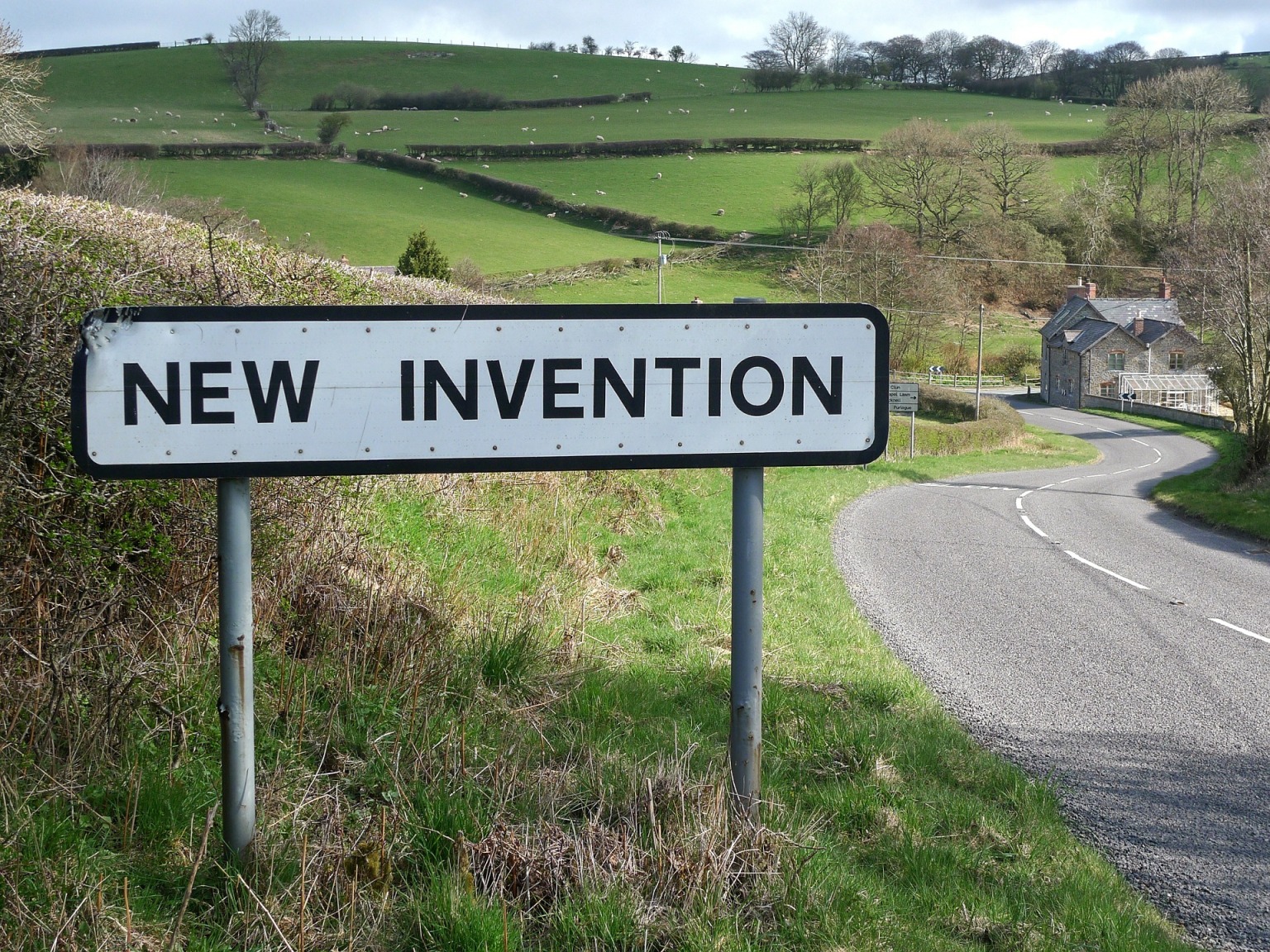The second Regional Actions to Innovate Operational Programmes (RATIO) project partner meeting and study visit were held in Latvia and took place 25-26 October 2016. The main topic of the meeting was ‘Improving experience exchange process and analysis of regional business support environments’. Project partners and stakeholders from Czech Republic, Germany, Ireland, Italy, Latvia and Spain met in order to evaluate the project’s progress and to learn about best practices for innovative entrepreneurship in Latvia’s Vidzeme Region.
During the project partner meeting, the findings of Semester 1 were outlined by the lead partners and project’s task managers. The main activities of Semester 1 included: the identification of good practices within each partner region; inventory of innovative SMEs, preparation of the Innovation Health Check report; and regional analysis reports. All project partners outlined the common challenges faced by SMEs within their rural regions, namely geographic isolation, lack of physical infrastructure, access to skilled workforce, workforce retention, access to market(s), access to finance, scaling up challenges, rural transport and difficulty in sourcing innovation partners. RATIO aims to identify the innovative potential of SMEs and help them to grow through a learning process to implement and manage innovation.
Before outlining Latvia’s good practices, Irina Kulitane, Project Expert for Vidzeme Planning Region, introduced partners to the business support environment in Vidzeme and wider Latvia. Meanwhile Kristaps Rocans gave justification for the good practices selected, namely the Institute for Environmental Solutions (IES) and the Latvian High Added Value and Healthy Food Cluster. Both are great examples of how innovation and community involvement become an important tool for business environment development in rural areas. IES is acting as an innovation leader in technology applications for solving environmental problems and for the commercialisation of research results. IES is developing a social environment of the region by working on projects, which bring together Science and Art to overcome existing barriers of traditional thinking and to offer new solutions in environmental development. Recently, the Institute has started to develop an old industrial district (a former brewery) into a contemporary centre of Art and Science in the town of Cēsis. The plan for the brewery is to transform it into an international centre of excellence where Art, Science and Culinary Arts are synergised to address environmental issues.
Rocans presented the goals of the Latvian High Added Value and Healthy Food Cluster and its importance in rural development. The cluster operates as a membership organisation and ‘Latvian High Added Value and Healthy Food Cluster’ was established as a legal entity in 2015. Before that, the cluster existed as a formally organised triple helix collaboration network, ‘Vidzeme high added value and healthy food cluster, since January 2010. Currently, the network involves 33 organisations, the majority of which are innovative and export-oriented SMEs. The cluster is actively collaborating with other food clusters and various organisations across the Baltic Sea Region (BSR) and was one of the partners in BSR Stars flagship project, ‘BSR Food - BSR Food Cluster Network around the Baltic Sea’.
The study visit was held in one of the Cluster members’ premises, Valmiermuiza Brewery. A presentation was given by Aigars Rungis, who is not only owner of the company but also a board member of the cluster. Rungis gave a history of the company and its concept, which is based on openness, availability, and the continuous development of new products and services. "In order to compete with the big market players, we need to be different, to offer local and seasonal products. We are developing our business step by step - from beer production to new tourism product offerings. Not many investors want to invest not only in the product, but also in the lifestyle”, said the entrepreneur. With reference to hardships, Rungis mentioned the lack of specialists who are able to manage the innovation process from idea to finished product. "In order to successfully move forward, we need innovation champions", summed up the businessman. This is the example, which proves, that local can be global.
In the context of experience exchange between the project partners, RATIO project partners concluded that key to this was the involvement of stakeholders from across the partners’ regions; thus allowing a better understanding of the regional situation and to exchange policy learning experiences not only between partners, but also on a larger scale. Partners concluded that Latvia’s good practices are great examples to bring home and in particular, for emphasising the importance of the local community in developing strong networks and a sound business environment.
